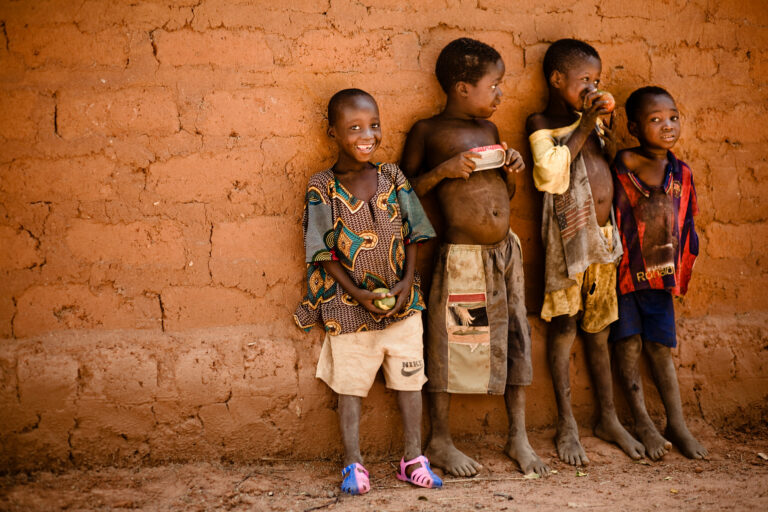Improving food security and child health in Burkina Faso in a changing climate

Download
Burkina Faso, a low-income country in the Sahel region of Africa, has improved many of its human development indicators in recent decades, including reducing child mortality rates. This has been achieved in part through investing to improve nutrition and women’s access to health care. However, Burkina Faso is increasingly having to deal with the growing challenges of climate change, which is leading to greater fragility and deepening vulnerabilities, undermining efforts to reduce poverty and increase prosperity.
This policy brief highlights priority areas for actionable advances in improving food security, nutrition and child health in Burkina Faso in the context of a changing climate.
Key messages
- Many of Burkina Faso’s human development indicators have improved, driven by the country’s new Universal Health Insurance Scheme (RAMU), investments in nutrition and access to universal health care for women, an expansion of the country’s healthcare services more broadly, and a focus on vaccination and inoculation.
- However, climate change is increasing fragility and deepening vulnerabilities in health, development and human security, threatening to negate, or even reverse, this recent progress.
- Under a rise in global average temperature of 2.7°C by 2100, child mortality in Burkina Faso is projected to increase by 10.8% by 2070 and the number of underweight children is expected to rise by 6.1%.
- The government is working with regional organisations including the Economic Community of West African States (ECOWAS) and the African Union (AU) to advance the country’s preparedness for the impacts of climate change.
- Effective and efficient policies that tackle the nexus of climate change and health will require greater cooperation across different government ministries and development policies more broadly.
- Strengthening reporting between local health clinics and national hospitals regarding cases of climate-sensitive communicable diseases can enable better monitoring and better design and implementation of early warning systems.
- Local and in-country expertise can be improved through broadening the Global Reporting Initiative Supervisory Board to include experts from Burkina Faso and other West African countries, and through bilateral partnerships and initiatives.
- More granular data and analysis are needed to ensure that government interventions are grounded in the local context, but collecting representative data is made challenging by ongoing violence and insurgency in parts of the country.

